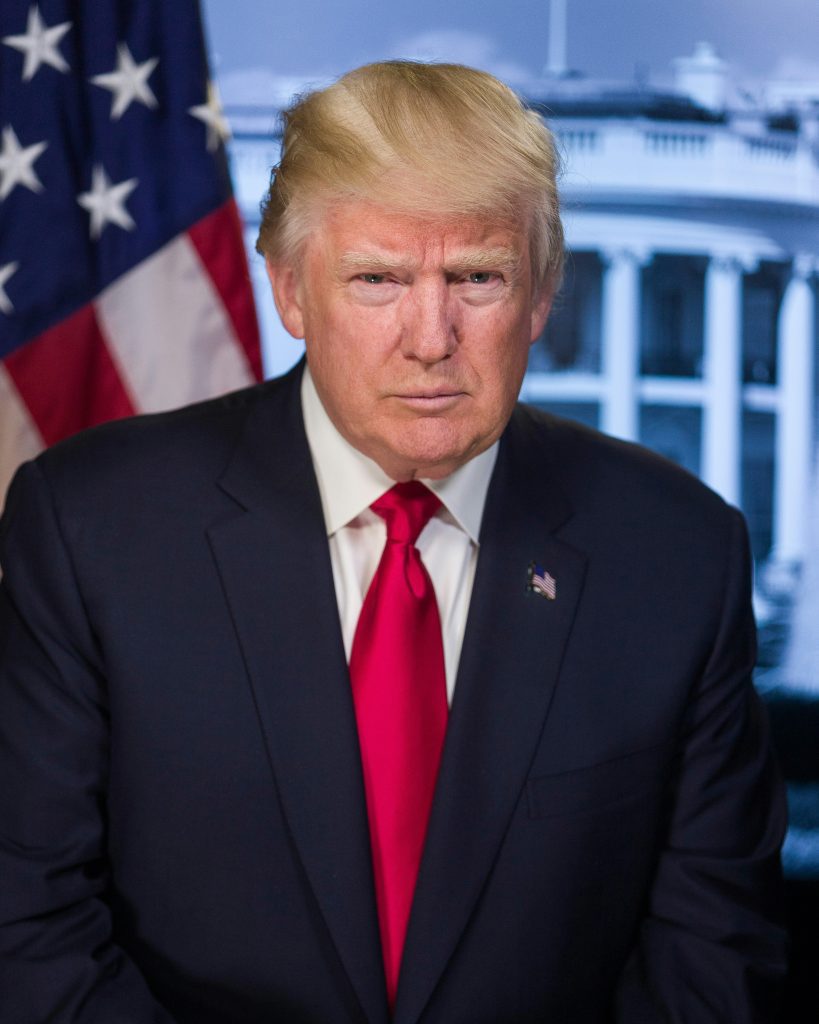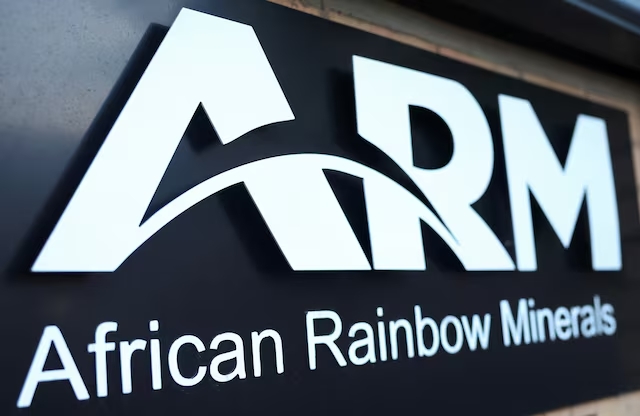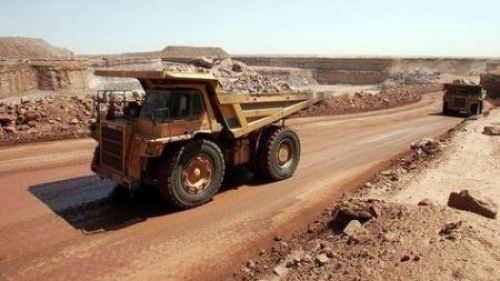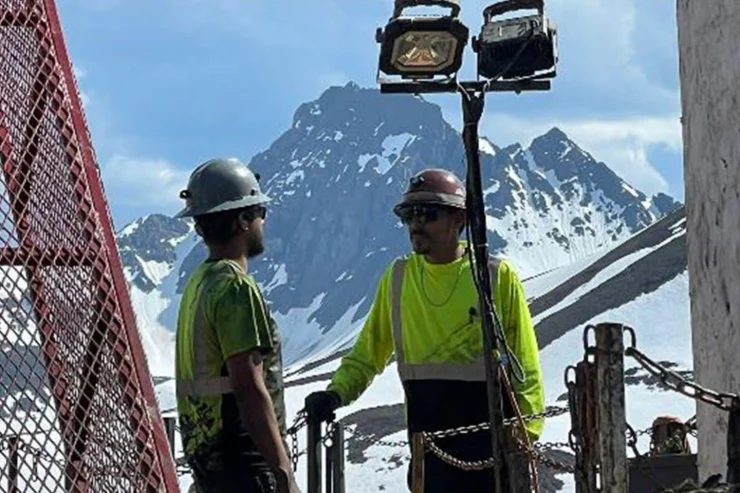Mining

Trump’s Re-election: What does it mean for Africa’s mining and natural resources sector?

It has only been a short time since Donald Trump’s election victory, and he is still President-Elect, until January 2025. Despite this, it is important for key sectors in Africa, such as the Mining and Natural Resources Sector, to consider what the potential impacts may be, sooner rather than later.
The immediate, positive reaction from many markets and the strengthening of the United States Dollar (USD) had a potential, immediate effect on Africa’s Mining and Natural Resources Sector, which still relies heavily on imported goods (particularly mining machinery and equipment) from the United States – the machines and equipment became more expensive, depending on the commercial terms.
This potential impact can be balanced out by better pricing for exported minerals, but every time the USD rallies, it has an immediate impact on imported goods, making mining more expensive.
While some commentators expressed surprise after Donald Trump’s election victory, many analysts and investors had positioned for an election win, and the certainty which came with the speedy results, has impacted on markets, positively.
But what does Donald Trump’s victory at the polls mean for the African Mining and Natural Resources Sector in the medium to longer term?
It is expected that President-Elect Donald Trump, aligned with his “America first” approach, is likely to push for significant reduction in reliance on international supply chains for, in particular, critical minerals including the so-called “battery minerals”.
He is likely to do this by focusing on three key areas, namely instituting import tariffs aimed at making production and beneficiation of minerals more cost-effective in the United States, reforming the mine licencing processes including environmental authorisations to make the process more efficient and quicker, and decoupling from China.
President-Elect Donald Trump is expected to prioritise and incentivise primary extraction and beneficiation of the available minerals in the United States, including increased extraction of uranium in support of a possible increase in nuclear facilities.
Despite the “onshoring” that is likely to take place under President-Elect Donald Trump’s administration over the next term, the United States has limited deposits of critical minerals which are required in support of technology value chains.
For example, there is only one miner of graphite in North America and the United States will, in all likelihood, be required to continue relying on external sources of the critical minerals, but at the same time, protect the United States market through the imposition of tariffs. It is going to be an extremely interesting balancing act.
Africa has large deposits of the critical minerals and, with the anticipated decoupling from China and increased tariffs on imported goods from China, Africa’s Mining and Natural Resources Sector may benefit from increased United States investment.
There are also other factors that are likely to shift the focus of the United States to Africa’s Mining and Natural Resources Sector including an acknowledgment, by the United States, that China’s footprint in Africa has grown significantly, and if the United States does not take the opportunity to reduce China’s influence now, it may not be able to do so in future.
It is anticipated that the Trump Administration will be more supportive of fossil fuels in the United States, but it is not possible to totally exclude the transition to green energy, and the growth of the electric vehicle sector, with its reliance on “battery minerals” such as graphite which is a vital component of lithium-ion batteries.
The reliance of the United States on critical minerals (even if this is reduced by “onshoring”) means that the United States will be required to continue focusing on alternative sources, such as Africa.
From a South African perspective, concerns have been raised regarding the African Growth and Opportunity Act (AGOA) which expires in 2025. AGOA facilitates exports, from eligible African countries, without paying taxes. However, AGOA does not apply to South African mineral and metal exports to the United States, and this is not necessarily an immediate concern for South Africa’s Mining and Natural Resources Sector.
President-Elect Donald Trump may not want to interfere with AGOA, in any event, because this may affect the partnership with Africa, which is required if the United States is going to counter China’s influence in Africa.
The United States remains Africa’s biggest aid-partner and this, together with demand for critical minerals in the United States, is likely to mean that Africa will become an even bigger focus for United States-led investment.
This may not happen immediately – the primary focus for President-Elect Donald Trump, in the next few months, will be on staffing the Administration and addressing key promises made during the election campaign. The benefits of increased United States-led investment in Africa’s Mining and Natural Resources Sector are likely to flow in the second half of 2025, and until then, those African countries with vast mineral deposits that are prepared to accept United States investment and aid, should be looking to see how they can improve the ease of doing business while providing the levels of certainty that investors look for.












